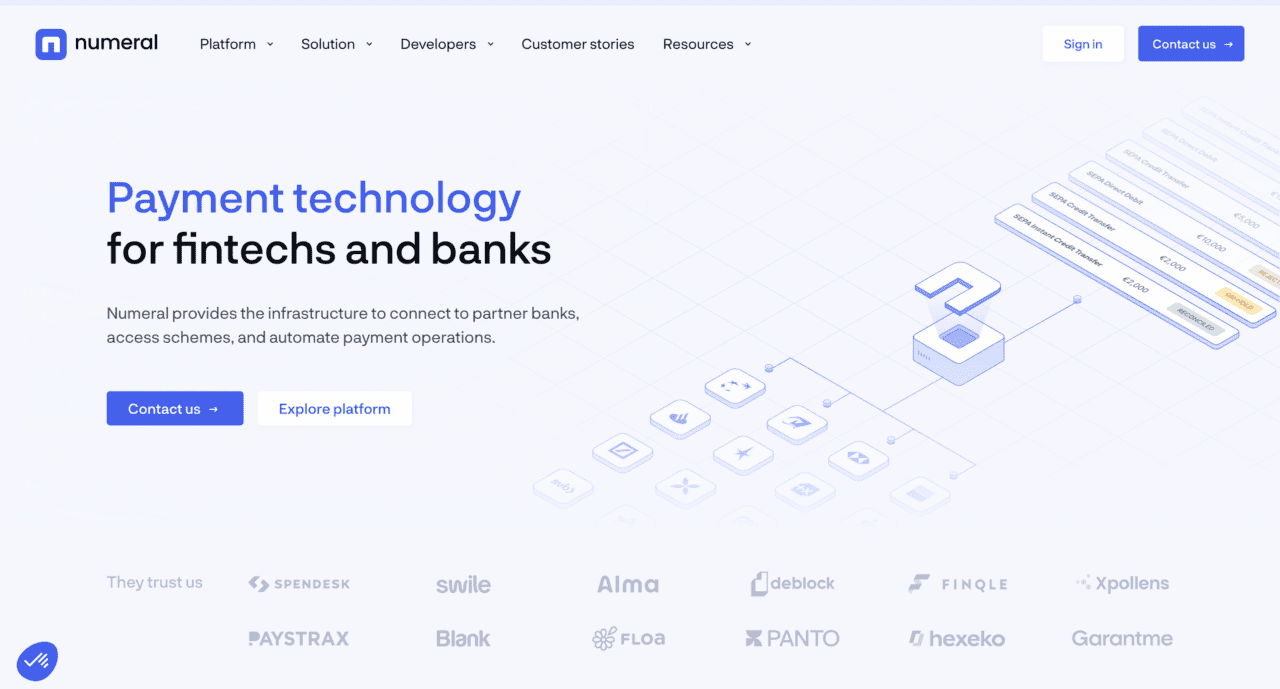
- Identity verification specialist ID-Pal announced a global strategic partnership with CLOWD9.
- The partnership will integrate ID-Pal’s AI-powered identity verification technology into CLOWD9’s payment solutions portfolio.
- ID-Pal made its Finovate debut at FinovateFall 2024 in New York.
Fresh off its Finovate debut at FinovateFall this month, identity verification specialist ID-Pal has announced a global strategic partnership with CLOWD9. Courtesy of the partnership, CLOWD9 will offer ID-Pal’s AI-powered identity verification technology via its payment solutions portfolio.
“This strategic partnership will allow CLOWD9 clients to access both a compelling end-to-end identity solution and an AML screening solution with advanced AI-fraud detection capabilities,” CLOWD9 CEO and Co-Founder Suresh Vaghjiani said.
Using a combination of document, database, and biometrics checks, ID-Pal enables businesses to verify the identity of their customers in real-time. Available via API, SDK, or through the Salesforce App Exchange, ID-Pal’s technology detects AI-generated documents, deepfakes, and injection attacks, providing advanced fraud detection without requiring direct access to customer data. ID-Pal also streamlines OFAC, AML, and KYC processes into a single compliant workflow to ensure a comprehensive audit trail.
“We’re delighted to be adding our award-winning identity verification solution to the CLOWD9 technology portfolio,” ID-Pal Enterprise Sales Manager Mark O’Hara said. “Together we can help financial institutions adapt and thrive in a new world of digital payments and enhanced security by democratizing secure, robust fraud prevention tools.”
The partnership with CLOWD9 advances the company’s mission to revolutionize the payment industry through a combination of advanced payment processing and AI-powered identity verification. Founded in 2021 and headquartered in London, CLOWD9 was among the first B Corp certified payments companies. The firm offers a cloud-native, decentralized issuer payments processing platform that serves challenger, consumer, and SME banks; e-wallets and crypto exchanges; virtual and corporate card programs; and more.
ID-Pal is not the only Finovate alum that CLOWD9 has teamed up with in 2024; the company announced a partnership with reconciliation and reporting services provider Kani Payments in June. Like ID-Pal, Kani is a relative newcomer to Finovate, debuting at FinovateSpring last year. Additionally, this week’s news from CLOWD9 comes just days after the company introduced new Chief Technology Officer Paul Hansford. Hansford comes to CLOWD9 after six years as head of software engineering for payment company Thredd.
Founded in 2016 and headquartered in Dublin, Ireland, ID-Pal made its Finovate debut at FinovateFall 2024. At the conference, company CEO and Founder Colum Lyons demoed ID-Pal’s technology that uses “pure AI, not people,” to provide real-time identity verification. In his remarks, Lyons highlighted the fact that many legacy vendors in the space rely as much on people for identity verification as they rely on technology. In contrast, he said, ID-Pal’s 100% AI-powered platform leverages 160+ trusted data sources and 7,000+ identity documents to provide more accurate results and greater efficiency.












